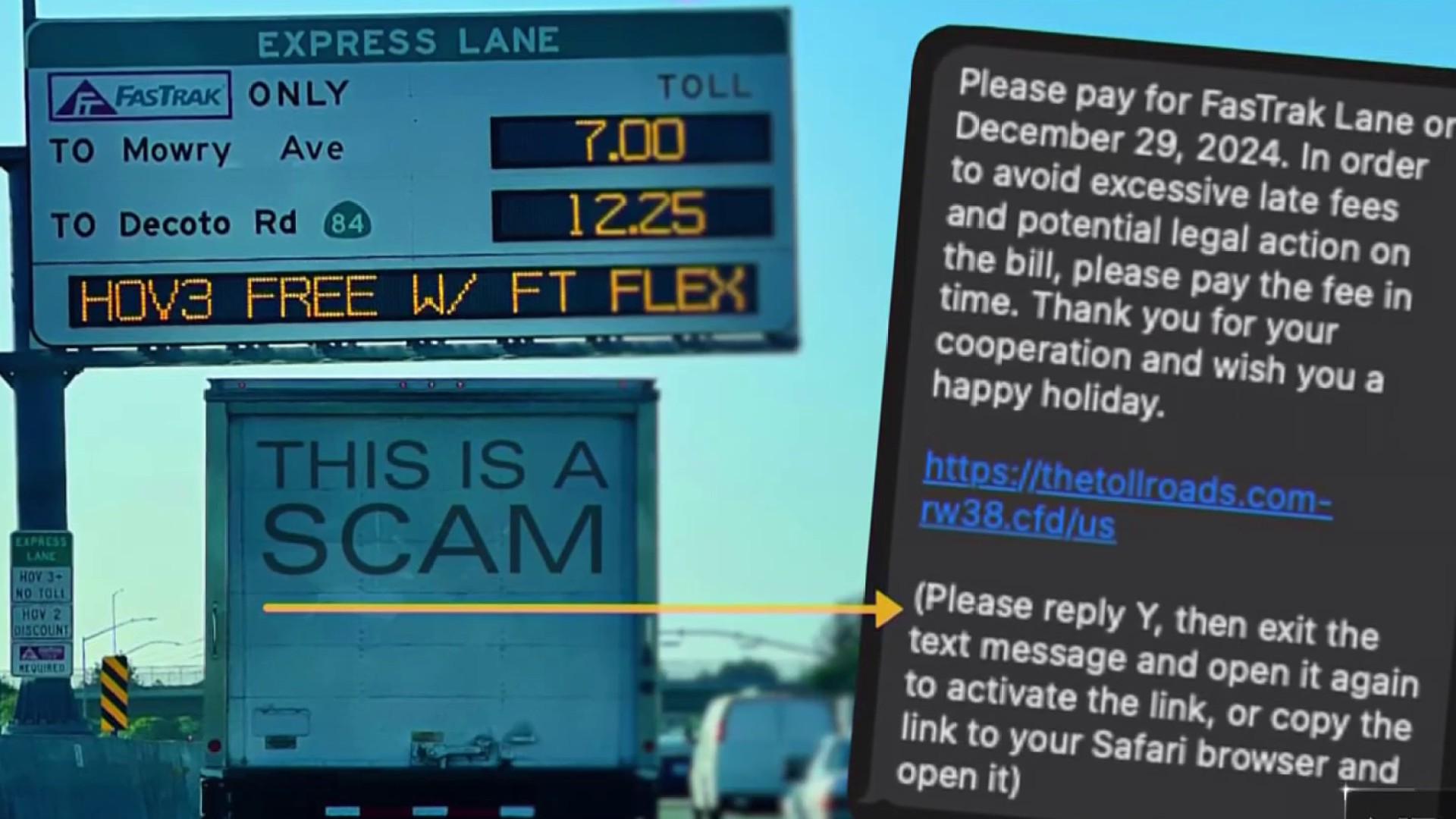It’s been a decade since the City of Berkeley implemented the nation's first soda tax. But has it worked?
According to a study from Kaiser Permanente, the tax has been positive for the city and for people’s health.
“Berkley residents were drinking half as much soda as they were before the soda tax passed and were drinking 29% more water,” said Mayor Jesse Arreguín “It is clearly having an impact.”
According to Arreguín, the city saw $1.1 million from the 1-penny per ounce tax, go to funding public health programs. The city acknowledged that revenye from the tax is declining, which it claims is attributable to people drinking less soda.
“That’s the outcome we wanted, we wanted ultimately to educate, invest in health programs and to reduce the consumption of sugary beverages,” Arreguín said.
After the tax was implemented in 2014, cities like San Francisco, Berkeley and Albany, NY, saw that children and teens aged 2-19 have 2% lower body mass index, compared to citied that do not have the tax.
Additionally, research showed cities that do not have the tax said children’s BMI rose upwards of 5%. Though the study did show other factors could be at play.
“Obese children tend to be obese adults, and obese adults tend to develop high blood presser, diabetes, cardiovascular disease,” said Deborah Young, the lead researcher at Kaiser Permanente. “If we can avoid access body weight from kids, we can eventually improve the health of everyone. We don’t know if it was a reduction in consumption or changes in purchasing behavior or if it was related to the combination of increase programing.”
Despite what the city would classify as a positive, the American Beverage Association said the data has no significant impact.
Get a weekly recap of the latest San Francisco Bay Area housing news. >Sign up for NBC Bay Area’s Housing Deconstructed newsletter.
“Intentional actions by the beverage industry have contributed to Americans consuming the lowest level of calories from beverages in decades,” the associated said.
The association added that offering consumers options with less sugar or smaller portions is more effective in the long run.
Berkeley residents will vote in November on if they want to keep the tax permanently or let it expire come 2026.
“Unfortunately, the state of California passed legislation a few years ago to prohibit local governments to pass new soda taxes,” Arreguín said. “I hope that we will be able to overturn that because clearly the evidence shows that it is making an impact in Berkeley, but for now we want to be able to continue our success.”



